Introduction to HR Challenges
- HR professionals play an essential role in managing employee morale, safety, and benefits, making it crucial to avoid common HR mistakes that can lead to compliance issues and costly consequences for businesses. HR mistakes can lead to increased costs, damaged reputation, decreased morale, and legal issues.
- Effective HR strategies help create a positive workplace culture, boost employee engagement, and support overall business success.
- HR teams must stay updated with best practices to protect the business and its employees, ensuring a successful HR department.
- Avoiding HR mistakes helps lead a successful HR department and supports overall business success, making it essential for HR professionals to be aware of potential issues.
- The importance of HR functions has grown as businesses navigate complex workforce challenges, including remote work and federal regulations.
Simplify your HR processes and enhance employee engagement with Bharat Payroll’s automated tools—discover our platform now.
Hiring Process Best Practices
- A clear hiring process with detailed job descriptions and thorough interviews is essential to evaluate candidate skills and cultural fit, reducing the risk of poor job descriptions and bad hires. Poor hiring experiences can lead to bad reviews on social media and difficulty attracting talent.
- Checking references and using pre-employment assessments helps evaluate candidate skills and cultural fit, ensuring the best hire for the company.
- Implementing a strategic hiring process improves employee engagement and aligns new hires with company culture, leading to increased productivity and reduced turnover.
- HR professionals should focus on creating a fair and inclusive interview process, ensuring that all candidates have an equal opportunity to showcase their skills.
- A well-structured hiring process helps hiring managers make informed decisions, reducing the risk of potential litigation and supporting the company’s growth.
Streamline your hiring process and improve candidate evaluation with Bharat Payroll’s integrated HR tools—try a free demo today.
Creating an Effective Employee Handbook
- An employee handbook is a vital tool that guides employee conduct and expectations, helping to control expectations and clarify company policies and procedures.
- Creating an effective employee handbook raises awareness about company policies, procedures, and expectations, ensuring that employees feel informed and supported.
- HR professionals should regularly review and update the employee handbook to ensure compliance with state laws and federal regulations, reducing the risk of potential litigation.
- A comprehensive employee handbook helps new employees understand the company’s culture, values, and policies, supporting their integration into the organization.
- Employee handbooks should include essential information about employee benefits, workplace conduct, and performance expectations, supporting employee well-being and success.
Managing Employee Records
- Keeping organized employee records is crucial to demonstrate fair hiring and justify staff changes, ensuring compliance with federal regulations and reducing the risk of potential litigation. Organizations are required by federal law to keep certain employee records for specified durations to ensure compliance.
- Employee records should include hiring documents, performance reviews, resumes, drug tests, attendance, and payroll information, providing a comprehensive overview of each employee’s history.
- HR professionals should ensure that employee records are accurate, up-to-date, and securely stored, protecting sensitive information and supporting data security.
- Managing employee records effectively helps HR teams track employee growth, identify training needs, and make informed decisions about promotions and terminations.
- Accurate employee records support the company’s compliance with federal regulations, reducing the risk of fines and penalties.
Secure and organize your employee records seamlessly with Bharat Payroll’s cloud-based HR platform—see how with a free demo.
Data Security Measures
- Data breaches and ransomware pose significant risks to organizations of all sizes, making it essential to implement effective data security measures. Regularly backing up important files safeguards the organization against ransomware attacks, ensuring business continuity and minimizing potential losses.
- Training employees on data security best practices, such as strong passwords and phishing awareness, is critical to protecting sensitive information.
- HR professionals should ensure that company equipment is secured with antivirus software, reducing the risk of cyber attacks and supporting data security.
- Regularly backing up important files safeguards the organization against ransomware attacks, ensuring business continuity and minimizing potential losses.
- Implementing data security measures helps protect employee personal data, supporting their trust and confidence in the organization.
Company Policies and Procedures
- Creating clear company policies and procedures guides employees on workplace conduct and duties, ensuring compliance with federal regulations and reducing the risk of potential litigation.
- Company policies should cover areas like cell phone use, code of conduct, sexual harassment, wage information, and anti-discrimination, providing a comprehensive framework for employee behavior.
- HR professionals should distribute policies via an employee handbook or workplace posters to ensure employee awareness, supporting transparency and open communication.
- Company policies and procedures help HR teams manage employee expectations, reduce conflicts, and promote a positive workplace culture.
- Regularly reviewing and updating company policies ensures compliance with changing federal regulations, reducing the risk of fines and penalties.
Transparent Communication Strategies
- Transparent communication is critical to building trust and engagement among employees, supporting a positive workplace culture and reducing the risk of decreased productivity.
- HR professionals should prioritize open communication, encouraging employees to share their concerns, ideas, and feedback, supporting employee well-being and success.
- Implementing regular town hall meetings, surveys, and feedback sessions helps HR teams understand employee needs and concerns, supporting strategic activities and growth opportunities.
- Transparent communication strategies help HR teams address potential issues before they escalate, reducing the risk of conflicts and supporting business success.
- Open communication channels support employee morale, engagement, and retention, making it essential for HR professionals to prioritize transparent communication.
Enhance your internal communication with Bharat Payroll’s collaborative HR platform—book a free demo to learn how.
Performance Reviews and Feedback
- Performance reviews and feedback are essential for employee growth, development, and success, supporting their career advancement and job satisfaction.
- HR professionals should focus on providing regular, constructive feedback, helping employees identify areas for improvement and supporting their growth.
- Implementing a fair and transparent performance review process ensures that employees feel valued and supported, reducing the risk of decreased productivity and turnover.
- Performance reviews help HR teams identify training needs, supporting employee development and career advancement.
- Regular feedback and coaching support employee success, making it essential for HR professionals to prioritize performance reviews and feedback.
Conclusion and Best Practices for HR Professionals
- Avoiding common HR mistakes is critical to creating a positive workplace culture, boosting employee engagement, and supporting overall business success.
- HR professionals should focus on strategic activities, such as training, hiring, and performance management, to support business growth and success.
- Implementing best practices, such as transparent communication, data security, and compliance with federal regulations, helps HR teams support employee well-being and success.
- HR professionals play an essential role in leading business success, making it crucial to prioritize their development and growth.
- By avoiding common HR mistakes and implementing best practices, HR professionals can support business success, employee well-being, and a positive workplace culture.
Ready to enhance your HR practices and avoid costly mistakes?
Frequently Asked Questions (FAQs) about HR Mistakes
1. What are some of the most common HR mistakes businesses make?
Common HR mistakes include poor hiring practices, lack of clear company policies, inadequate onboarding, poor communication, mishandling employee records, and insufficient data security measures.
2. How can HR professionals avoid making costly mistakes?
HR professionals can avoid costly mistakes by implementing clear policies and procedures, using a structured hiring process, prioritizing transparent communication, maintaining accurate employee records, and regularly training employees on data security and compliance.
3. Why is an employee handbook important?
An employee handbook helps set clear expectations for employee conduct, outlines company policies and procedures, supports compliance with federal regulations, and helps new employees integrate smoothly into the company culture.
4. How does transparent communication impact employee morale?
Transparent communication builds trust, reduces misunderstandings, encourages employee engagement, and fosters a positive workplace culture, all of which contribute to higher employee morale and productivity.
5. What role does data security play in HR?
Data security protects sensitive employee information from breaches and cyber threats. Proper training and security measures help maintain employee trust and ensure compliance with legal requirements.
6. How can small businesses improve their HR practices?
Small businesses can improve HR practices by developing a clear HR plan, creating and updating company policies, using effective hiring and onboarding processes, investing in employee training, and fostering open communication.
7. What is the importance of performance reviews in HR?
Performance reviews provide regular feedback to employees, identify areas for improvement, support career development, and help HR teams make informed decisions about training and promotions.
8. How does HR contribute to overall business success?
HR plays a critical role in managing talent, ensuring compliance, fostering a positive workplace culture, and supporting employee well-being, all of which contribute to achieving business goals and long-term success.






